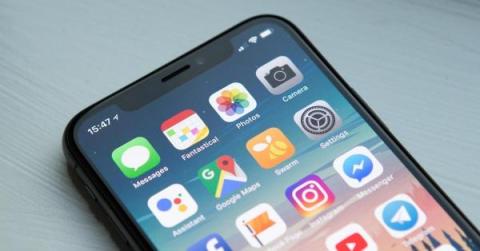NIST 800-124 Cybersecurity Publication Revision: How to Implement Mobile Security
In today's increasingly mobile-driven world, securing our digital assets and protecting sensitive information is of paramount importance. To address this need, the National Institute of Standards and Technology (NIST) recently released the latest version of their publication, NIST 800-124 Rev. 2: Guidelines for Managing the Security of Mobile Devices in the Enterprise.











